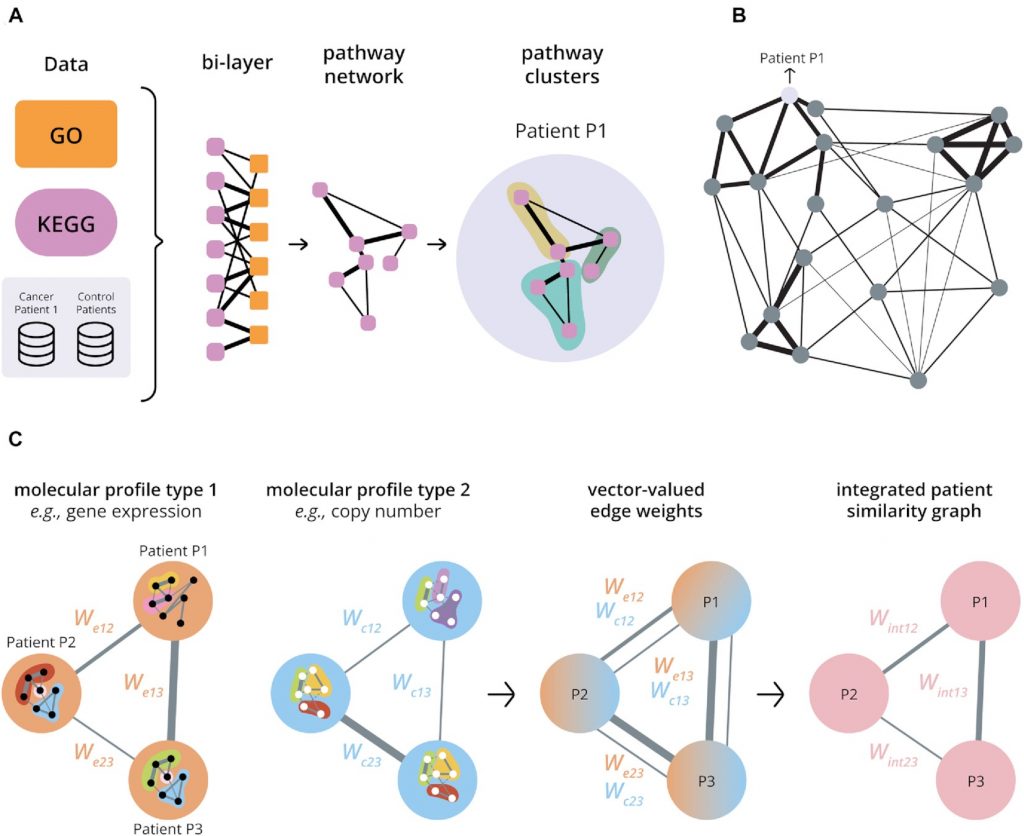Suo C, Chen H, Binczyk F, Zhao R, Fan J, Yang X, Yuan Z, Kreil D, Łabaj P, Zhang T, Lu M, Jin L, Polańska J, Chen X, Ye W.
Aging. 2021, 13(7):10369-10386. Download PubMed PMC
Esophageal cancer is the sixth leading cause of cancer-related death worldwide, and is associated with a poor prognosis. Stromal tumor infiltrating lymphocytes (sTIL) and certain single nucleotide polymorphisms (SNPs) have been found to be predictive of patient survival. In this study, we explored the association between SNPs and sTIL regarding the predictability of disease-free survival in patients with esophageal squamous cell carcinoma (ESCC).
We collected 969 pathologically confirmed ESCC patients from 2010 to 2013 and genotyped 101 SNPs from 59 genes. The number of sTIL for each patient was determined using an automatic algorithm. A Kruskal-Wallis test was used to determine the association between genotype and sTIL. The genotypes and clinical factors related to survival were analyzed using a Kaplan-Meier curve, Cox proportional hazards model, and log-rank test.
The median age of the patients was 67 (42-85 years), there was a median follow-up of 851.5 days and 586 patients died. The univariable analysis showed that 10 of the 101 SNPs were associated with sTIL. Six SNPs were also associated with disease-free survival. A multivariable analysis revealed that sTIL, rs1801131, rs25487, and rs8030672 were independent prognostic markers for ESCC patients. The model combining SNPs, clinical characteristics and sTIL outperformed the model with clinical characteristics alone for predicting outcomes in ESCC patients.
We discovered 10 SNPs associated with sTIL in ESCC and we built a model of sTIL, SNPs and clinical characteristics with improved prediction of survival in ESCC patients.

